What are Keywords? The Key to Unlocking Online Traffic
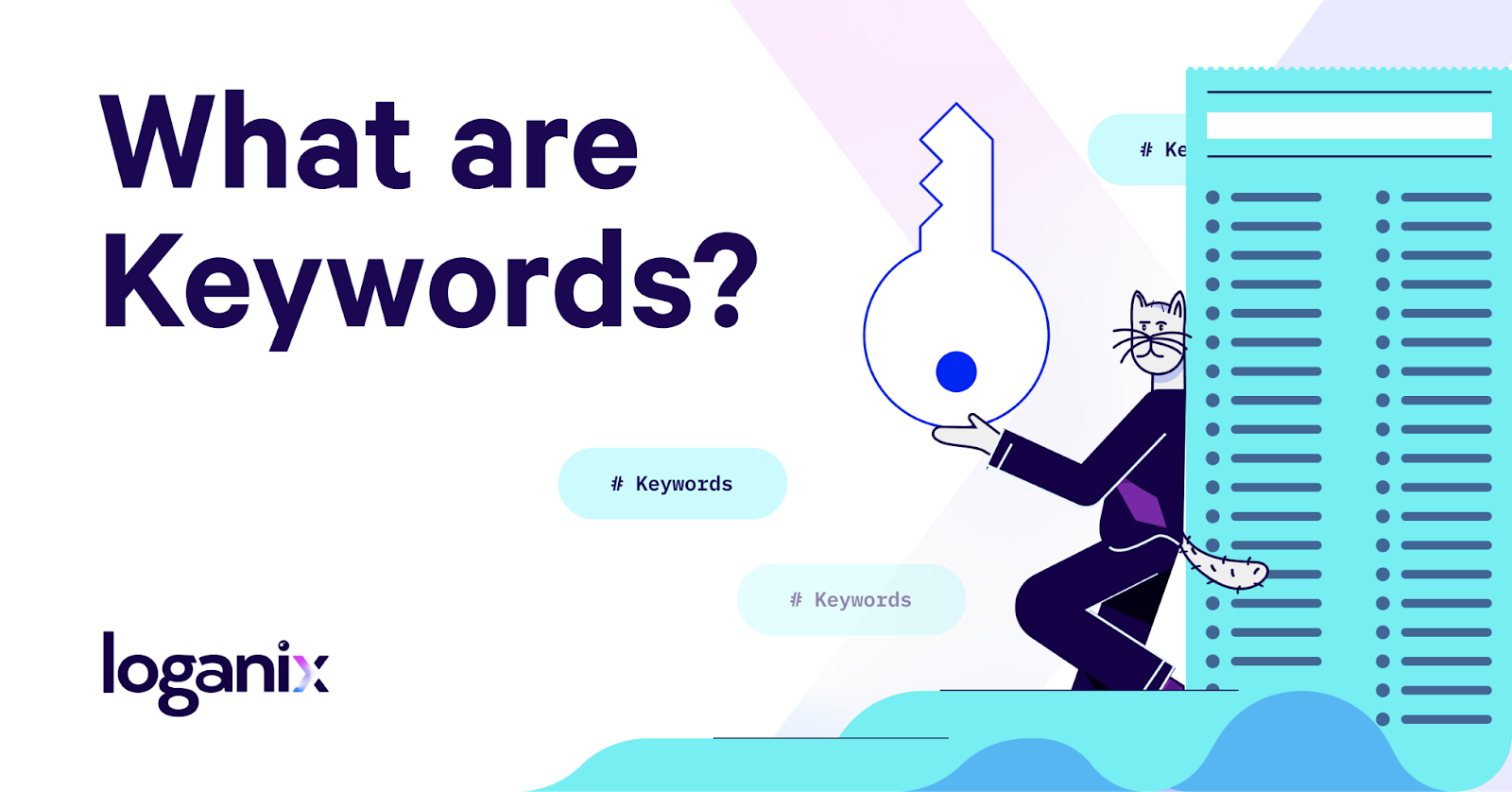
Hand off the toughest tasks in SEO, PPC, and content without compromising quality
Explore ServicesEver wondered how search engines read your mind, offering you the perfect answer to your question or the exact product you’ve been looking for? It’s not magic. It’s all based on keywords (oh, and a sprinkle of algorithmic dust, of course).
Want to learn more? To catch you up with everything keywords, in this guide, we
- answer the question, “What are keywords,”
- explore why they’re such a big deal,
- and explain how you can use them to boost your online presence.
What Are Keywords?
When you type something into a search engine, you’re using keywords. These words, terms, and phrases tell Google, Bing, or any other search engine exactly what you’re looking for. And guess what? In the context of search engine optimization (SEO) and pay-per-click advertisement (PPC), they’re also the very things businesses, SEO professionals, and website owners use to make sure their content pops up when you hit that “search” button.
Keywords can range from a single word to multiple-word phrases. Occasionally, they are referred to as “search queries” or “keyphrases,” particularly when they comprise more than one word. However, for the sake of clarity, consistency, and out of habit, the SEO industry broadly refers to the words a searcher chooses to use simply as keywords.
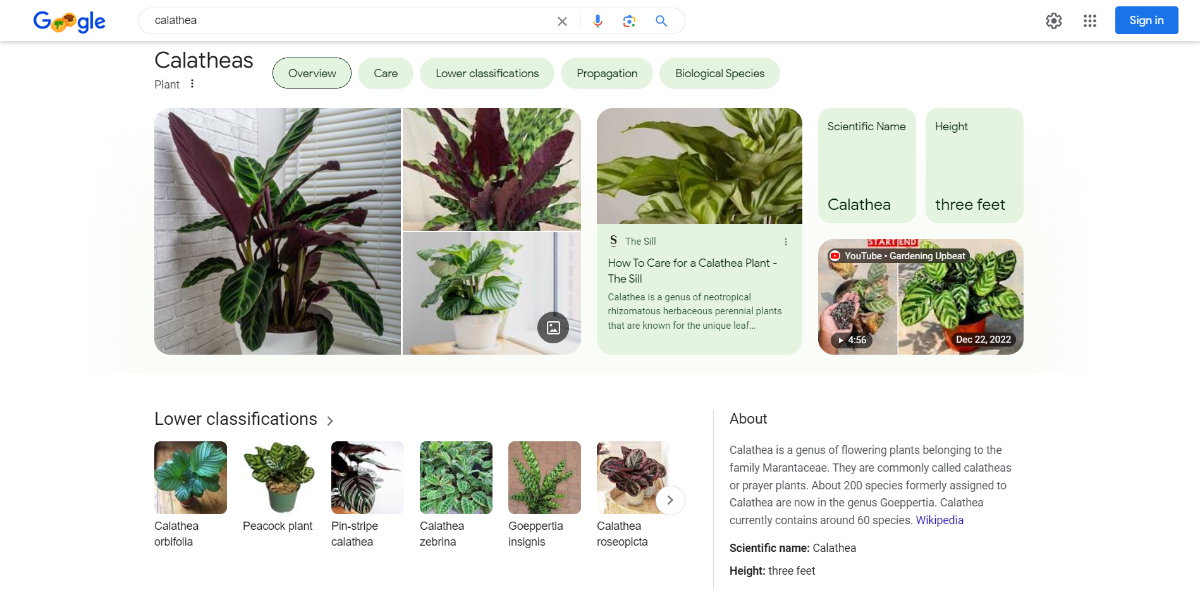
For example, a keyword can be a single term like “calathea,” but it can also extend to longer phrases such as “best calathea fertilizer.” Despite the length, both are known as “keywords” in an SEO context.
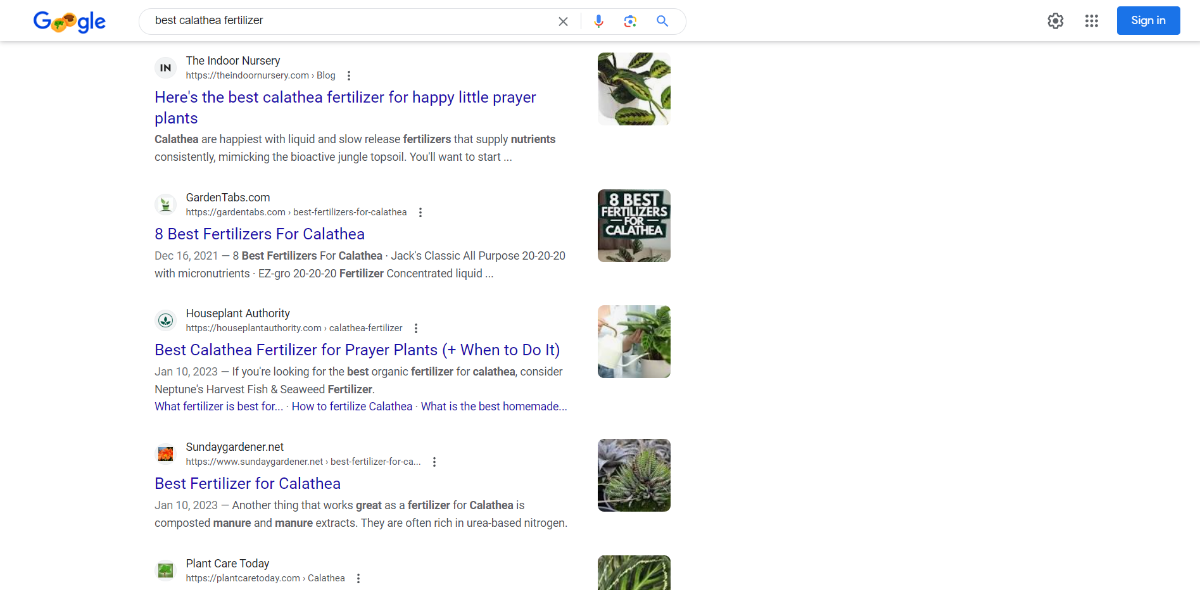
Learn more: Interested in broadening your SEO knowledge even further? Check out our SEO glossary, where we’ve explained over 250+ terms.
Why Are Keywords Important?
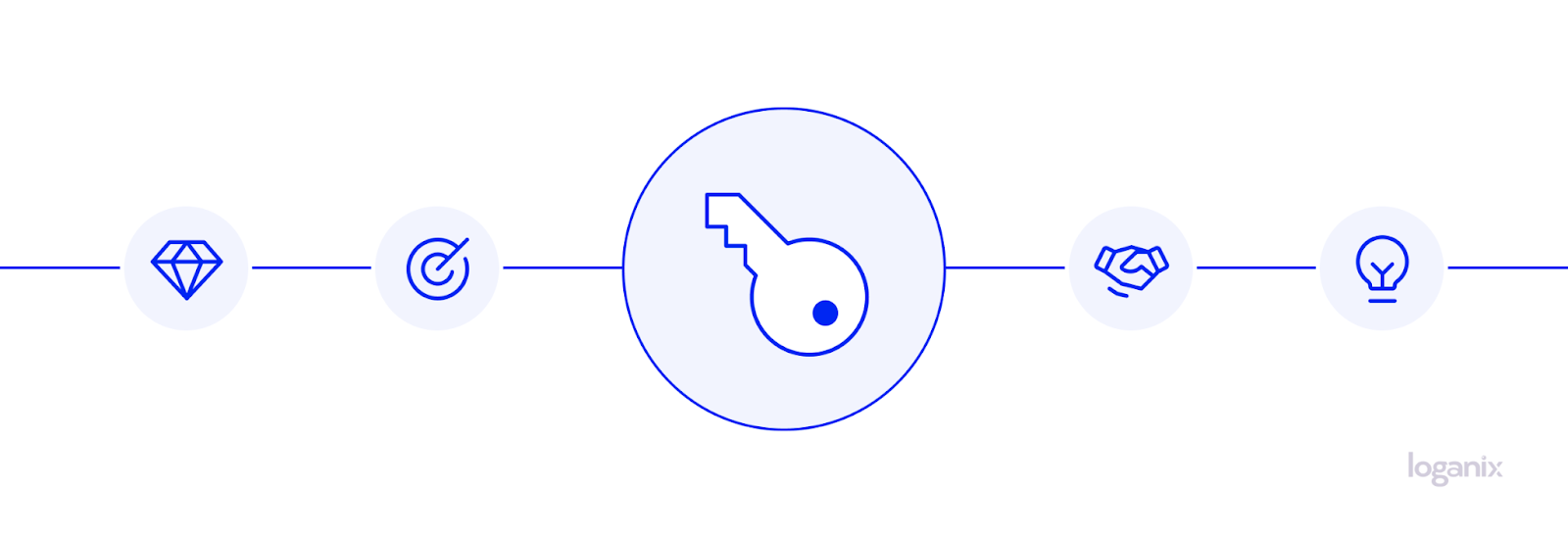
Keywords form the foundation that connects the intent of online searchers with the content on your website. Here’s exactly why keywords are vital in the context of SEO:
1. Relevance
Keywords are the clues that tell search engines that your website is a hot spot for information on, say, “homemade vegetarian recipes” or “eco-friendly gardening tips.”
2. Target the Right Audience
High traffic numbers mean little without quality. The right keywords attract the right visitors—those more likely to convert. So, by targeting your audience effectively through the use of appropriate keywords, you enhance the possibility of conversions and, best of all, increase your return on investment (ROI).
3. Increase Organic Traffic
Knowledge of the keywords your target audience uses when searching for products or services similar to yours enables you to optimize your content accordingly. Tailoring your content to align with these searches improves your website’s visibility in search engine rankings, subsequently driving more organic traffic to your site.
4. Build Trust
When users click on your website in the search results and find content directly related to their search query, it instantly builds trust. This trust is crucial for converting online tire kickers into paying customers.
5. Content Ideation
Understanding what your audience is searching for—known as search intent—not only shows you their interests but also highlights content gaps on your site that need filling while indicating the best content format to use. For example, a keyword like “how to install tiling” could signal the need for a step-by-step how-to guide. Whereas a keyword like “pink iPhone 14 Otterbox” signifies a potential buyer is further along the customer journey, suggesting they are simply on the hunt for a product page that sells the physical product.
Understanding Different Types of Keywords
When we talk about keywords in SEO, it’s important to realize that they are not all created equal. There are different types of keywords, each playing a unique role in your overall SEO strategy. Here’s a breakdown of the main types:
- Short-tail keywords. These are typically very broad and consist of only one or two words. For example, “sneakers” is a short-tail keyword. They usually have high search volume but are also highly competitive and less specific, making it harder to rank your content for them.
- Long-tail keywords. These are longer phrases that people use in search engines. They are more specific than short-tail keywords and usually have a lower search volume, but they also tend to be less competitive and have a higher conversion rate. For instance, “women’s red running sneakers size 8” is a long-tail keyword.
- Geo-targeted keywords. These location-specific keywords are extremely useful for local businesses or businesses with multiple locations. For example, “Italian restaurant in Boston” is a geo-targeted keyword. They help you rank in local searches and attract local customers.
- Branded keywords. These are keywords that include your brand or business name. For instance, “Loganix SEO services” is a branded keyword. They’re essential for boosting your brand visibility and reputation.
- Negative keywords. You specifically don’t want these terms triggering your ads in paid campaigns, like Google Ads. For instance, if you sell luxury watches, you may add “cheap” as a negative keyword to avoid displaying your ads to searchers looking for budget options. This refines your ad reach, boosts relevance, and enhances campaign performance by ensuring your ads appear only in suitable contexts.
Keywords in the Context of Search Intent
Understanding the intent behind a search query is a crucial aspect of SEO. The keywords used by searchers often reflect this intent, helping you tailor your content to meet their specific needs. Here are four common types of search intent and how they align with keywords:
- Informational intent. When users are seeking information, they often use keywords like “how to,” “what is,” or “why.” For instance, “how to train a puppy” or “benefits of yoga.” So, by creating content that educates and informs, you can meet the needs of these searchers.
- Transactional intent. Keywords such as “buy,” “price,” or “deal” indicate that a user is ready to make a purchase. An example might be “buy organic coffee beans online.” To target transactional intent, ensure your product pages are optimized and easy to navigate.
- Navigational intent. When users type specific brand names or website URLs into a search bar, they have navigational intent. They’re trying to get to a specific site, like “Facebook login” or “Loganix services.” If these searchers are looking for your site, make sure it’s easy to find and navigate.
- Commercial intent. This is a mix of informational and transactional intent. Users are looking to make a purchase, but they’re still comparing options. Keywords often include “best,” “top,” “compare,” or “review,” such as “best SEO services.” To target commercial intent, provide comprehensive and comparative content, such as product comparisons or review pages.
The Balance of SEO and PPC Keywords
SEO and PPC are two sides of the same coin, both driven by keywords. However, their keyword strategies differ slightly due to their different natures. With SEO, you’re aiming for long-term growth, which often means targeting a mix of high-competition and long-tail keywords to balance visibility and niche relevance. On the other hand, in PPC, immediate results are the goal. Therefore, it’s crucial to focus on high-intent keywords, even if they are highly competitive, as they can lead to higher conversion rates.
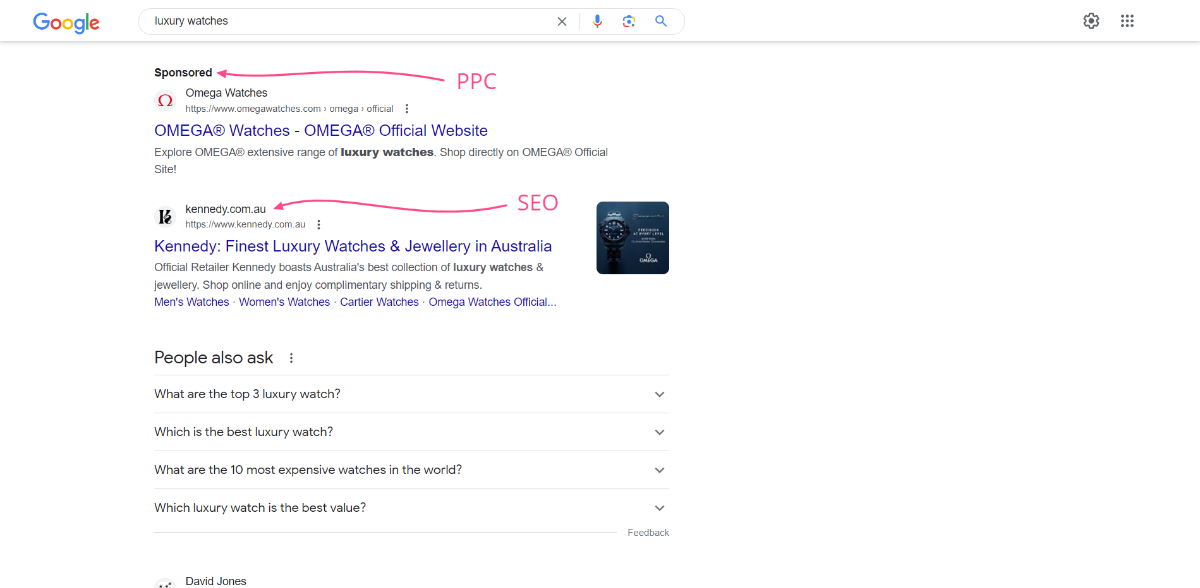
Interestingly, SEO and PPC aren’t mutually exclusive. Data from PPC keyword performance can provide valuable insights for your SEO strategy and vice versa. This cross-pollination will help create a holistic digital marketing strategy, maximizing visibility and conversions.
Conclusion
Are you ready to harness the power of keywords and supercharge your digital marketing strategy?
🚀 Check out Loganix’s content marketing services and turn your keyword strategy into a powerful tool for growth. 🚀
Hand off the toughest tasks in SEO, PPC, and content without compromising quality
Explore ServicesWritten by Aaron Haynes on October 3, 2023
CEO and partner at Loganix, I believe in taking what you do best and sharing it with the world in the most transparent and powerful way possible. If I am not running the business, I am neck deep in client SEO.





